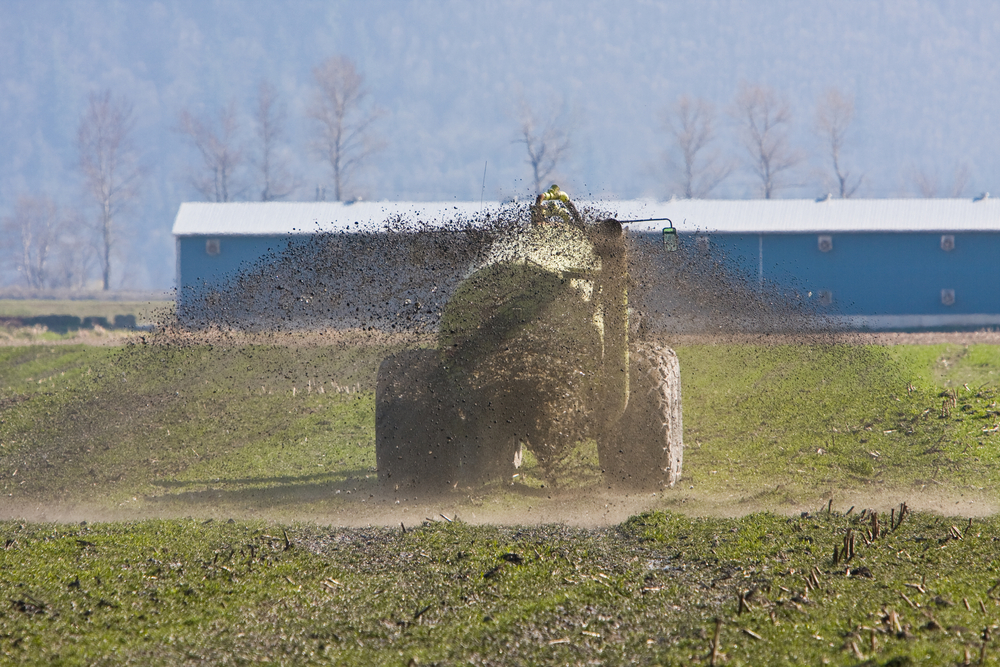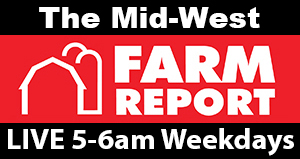
Spring seems to be dragging its heels, and farmers may be getting impatient to get manure pits cleaned out. But don’t let that impatience lead to runoff that can let valuable nutrients end up in streams instead of on crops.
The Wisconsin Department of Agriculture, Trade and Consumer Protection (DATCP), suggests that one way farmers can judge when to spread manure is to check the Runoff Risk Advisory Forecast, available online at manureadvisorysystem.wi.gov. The runoff forecast provides maps showing short-term runoff risk for daily application planning, taking into account factors including soil moisture, weather forecast, crop cover, snow cover, and slope. It is updated three times daily by the National Weather Service.
“We strongly encourage farmers to avoid spreading manure during high-risk runoff times, but if they must, they should steer clear of high risk fields and have a spill response plan in place,” says Sara Walling, water quality section leader with the Wisconsin Department of Agriculture, Trade and Consumer Protection. “It’s important to get manure pits emptied, but it’s equally important to spread manure when and where it will remain to fertilize the crop, and protect lakes, streams and groundwater.”
Another way to help prevent runoff is for farmers to contact their crop consultants or county land conservation offices for help identifying alternatives to spreading, such as stacking manure away from lakes or rivers, drinking water wells, or area with sinkholes or exposed bedrock. If farmers must spread manure, crop consultants and county conservationists can help identify fields where the risk is lower. Farmers can find contact information for county conservation offices in the WI Land + Water Directory at http://wisconsinlandwater.org.
While discouraging spreading during high-risk times, Walling also advises farmers to have an emergency plan in any case. The plan should include who to call and what steps to take if runoff or a spill occurs, how to clean it up, and perhaps most important, how to prevent it from happening. Information about preventing and planning for manure spills is available at http://dnr.wi.gov/topic/agbusiness/manurespills.html.
For more information on the Wisconsin Department of Agriculture, Trade and Consumer Protection, visit https://datcp.wi.gov/Pages/Homepage.aspx
